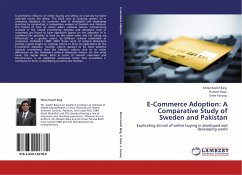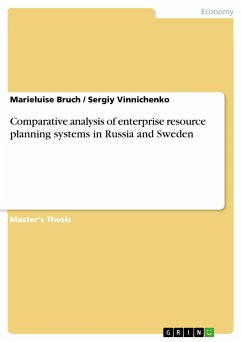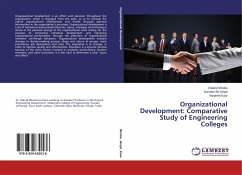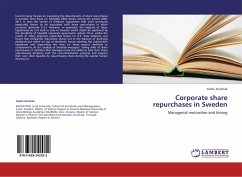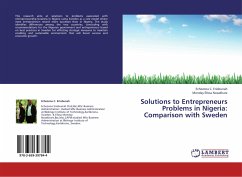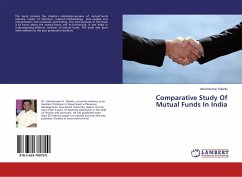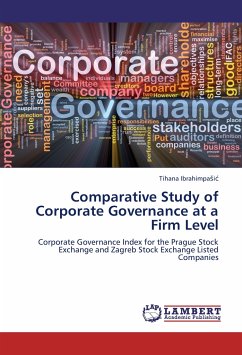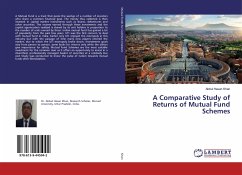A prominent influence of online buying and selling on economy has been observed round the globe. This book aims at studying pattern of e-commerce adoption on consumer level in developed and developing countries by conducting a comparative analysis of Sweden and Pakistan. The factors of trust on online sellers, national culture, infrastructure involved in the overall e-commerce activities and education level of consumers are found to have significant impact on the adoption of e-commerce.The proclivity to trust on the online seller and risk taking are influenced, to a greater extent, by different cultural orientation of consumers. Hofstede s (1980; 2001) frame work of cultural dimensions provide a good insight on national culture to draw its implications for the e-commerce adoption. Swedish culture appears to be more adaptive towards e-commerce than the Pakistani culture, due to its wider differences on the Hofstede s cultural dimension indices. On the other hand, the digital divide, both in terms of relevant education and infrastructure, is an important contextual factor that encumbers e-commerce to thrive in developing countries like Pakistan.
